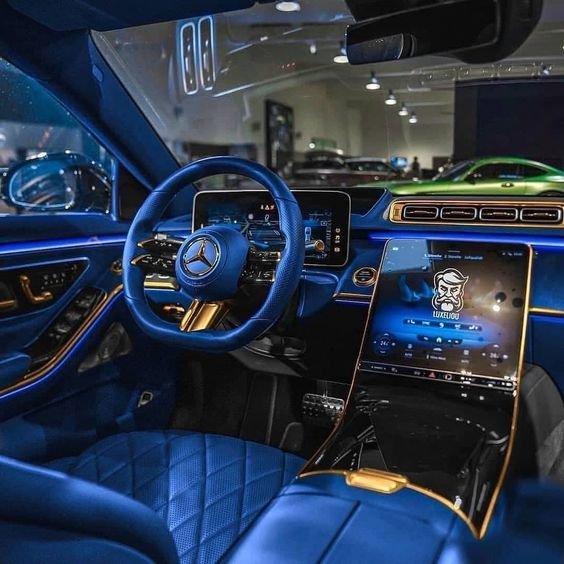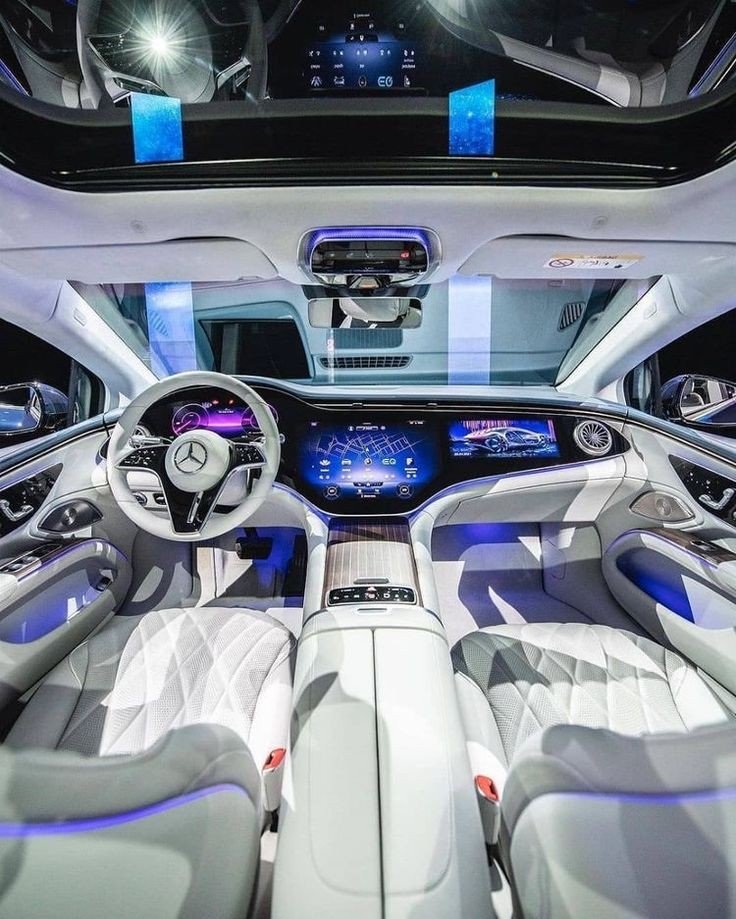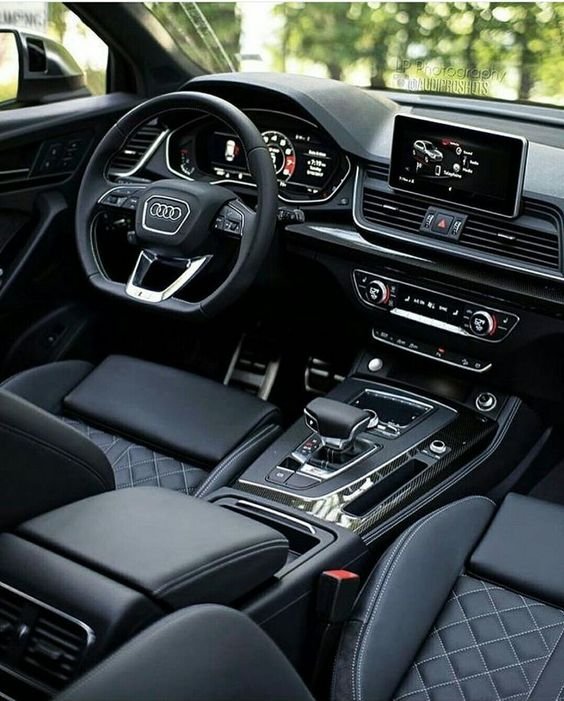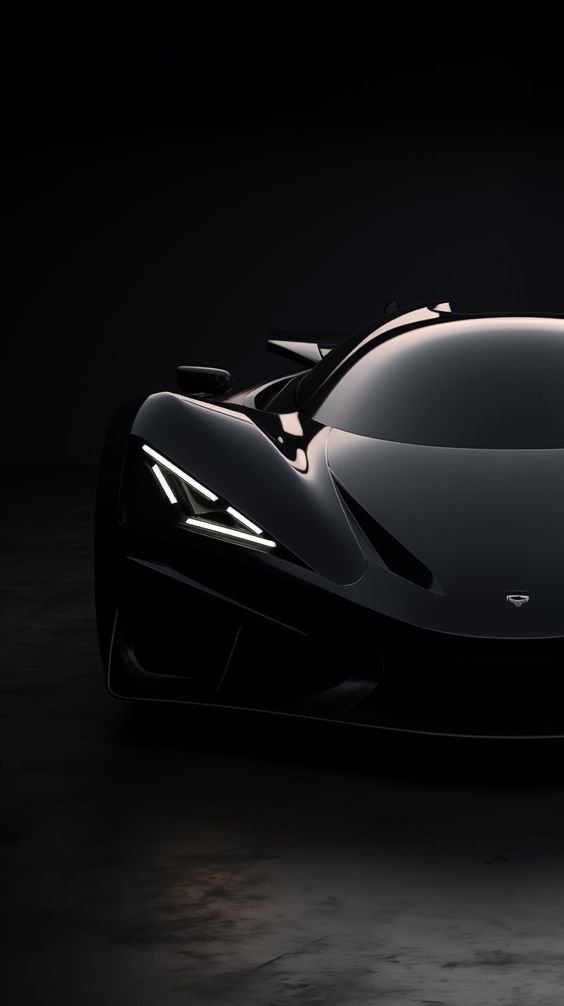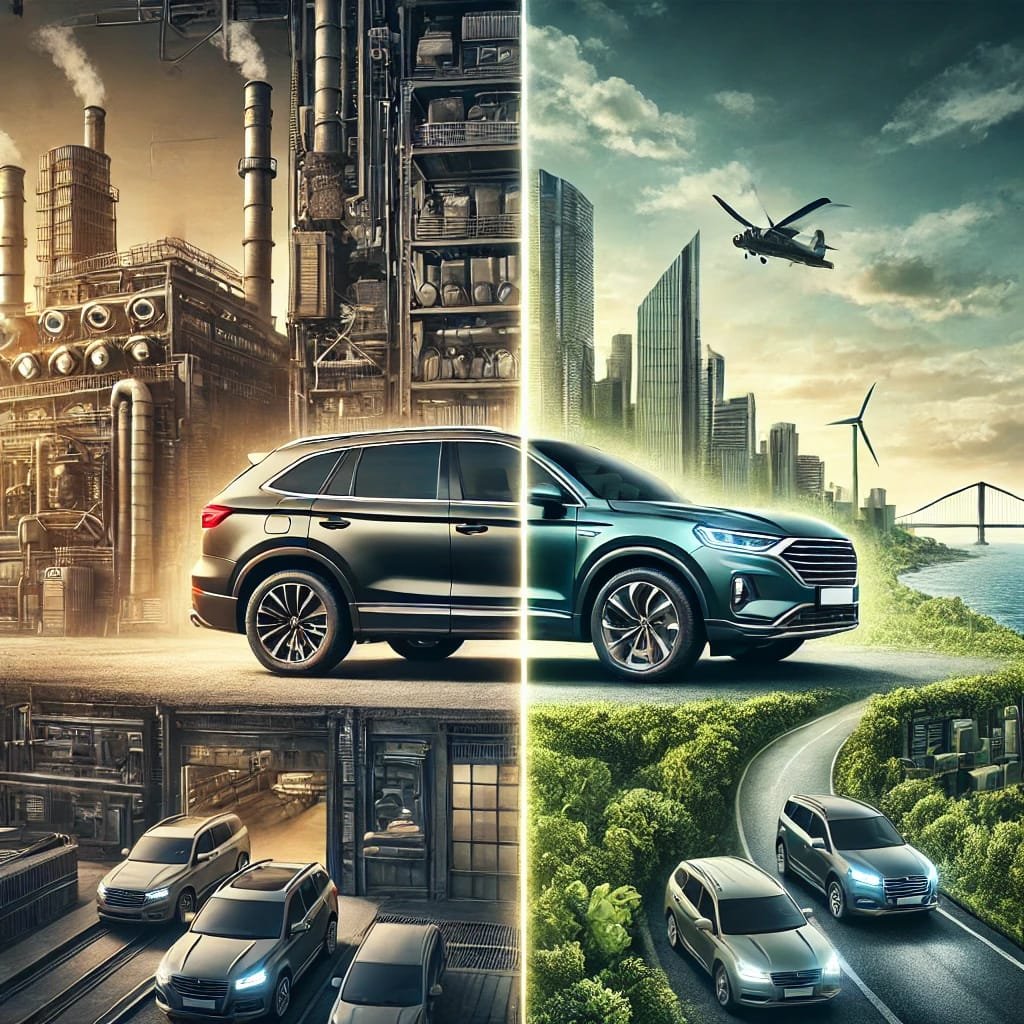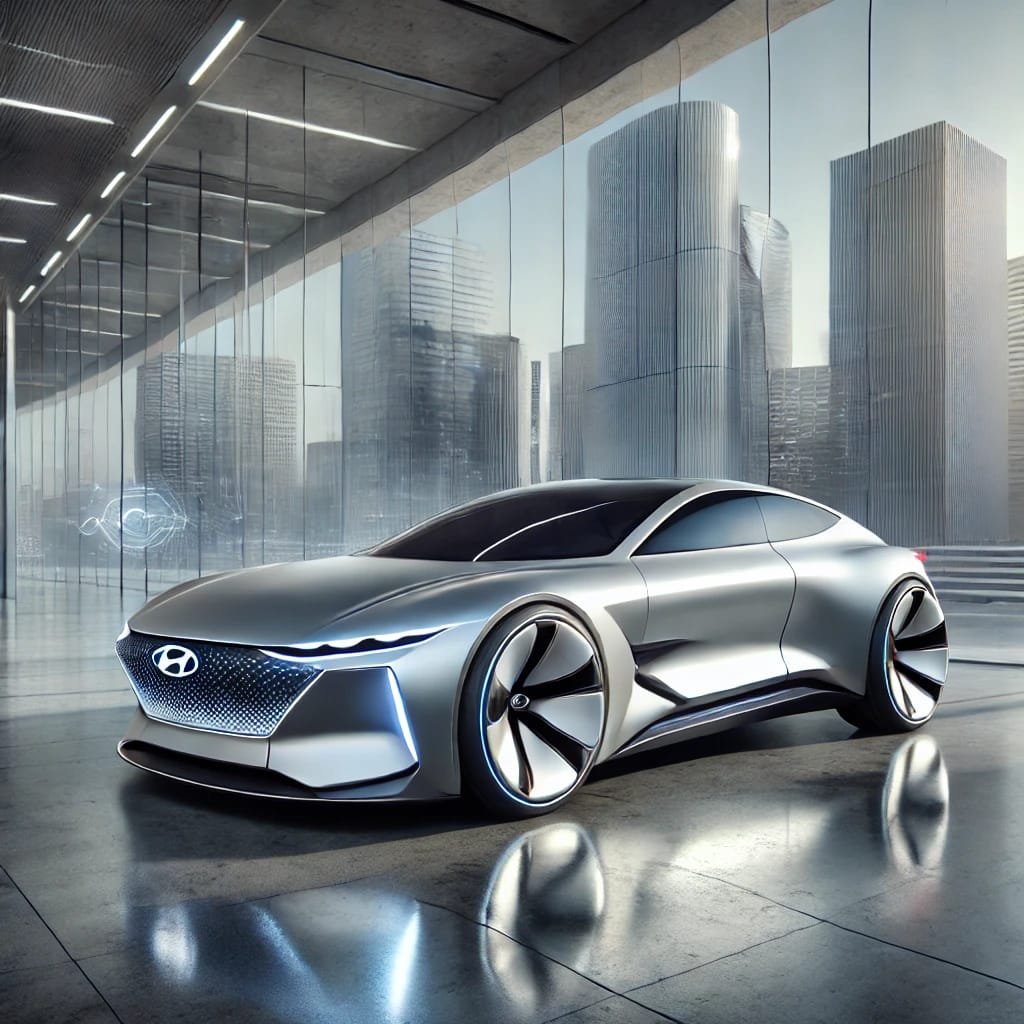
BYD Co. Ltd., short for “Build Your Dreams,” is a prominent Chinese multinational company that has become a global leader in electric vehicles (EVs) and renewable energy solutions. Founded in 1995 as a battery manufacturer, BYD has since diversified into automobiles, electronics, and new energy industries, making significant strides in technology and market presence. This detailed article explores BYD’s history, technological advancements, market influence, environmental impact, challenges, and future prospects.
Historical Background
Founding and Early Years
BYD was founded by Wang Chuanfu in February 1995 in Shenzhen, China. Initially focused on rechargeable batteries, the company quickly established itself as a major supplier of batteries for mobile phones and other electronic devices. BYD’s expertise in battery technology laid the foundation for its future ventures into electric vehicles and renewable energy.
Entry into the Automotive Industry
In 2003, BYD entered the automotive industry by acquiring the Tsinchuan Automobile Company, a move that marked the beginning of BYD Auto. The company’s early focus was on producing affordable, fuel-efficient vehicles for the Chinese market. However, BYD soon shifted its attention to electric and hybrid vehicles, leveraging its battery technology expertise.
Expansion and Global Reach
BYD’s growth strategy involved not only expanding its product portfolio but also establishing a global presence. By the late 2000s, the company had introduced its first electric and hybrid models, gaining attention both domestically and internationally. Partnerships and collaborations with global companies, along with strategic investments in R&D, propelled BYD into the spotlight as a key player in the EV market.
Technological Advancements
Battery Technology
BYD’s core strength lies in its battery technology. The company has developed several innovative battery solutions that have set industry standards.
- Lithium Iron Phosphate (LFP) Batteries: BYD pioneered the use of LFP batteries in electric vehicles. These batteries are known for their safety, long cycle life, and thermal stability, making them ideal for automotive applications.
- Blade Battery: Introduced in 2020, the Blade Battery is a significant advancement in battery technology. It features a unique design that improves energy density, enhances safety, and
- reduces costs. The Blade Battery’s structure allows for better thermal management and higher resistance to fire and impact.
Electric and Hybrid Vehicles
BYD has a diverse lineup of electric and hybrid vehicles, catering to various market segments.
- BYD Qin: The Qin is a plug-in hybrid sedan that combines a gasoline engine with an electric motor, offering impressive fuel efficiency and electric-only driving capability.
- BYD Tang: The Tang is a popular plug-in hybrid SUV, known for its performance, luxury features, and extended electric range.
- BYD e6: The e6 is an all-electric MPV, widely used as a taxi and fleet vehicle due to its spacious interior and long-range capabilities.
- BYD Han: The Han is a flagship electric sedan, featuring the Blade Battery, advanced driver assistance systems (ADAS), and luxurious amenities.
Renewable Energy Solutions
In addition to electric vehicles, BYD has made significant contributions to the renewable energy sector.
- Solar Energy: BYD produces high-efficiency solar panels and integrated solar energy systems for residential, commercial, and industrial applications.
- Energy Storage: The company offers a range of energy storage solutions, including the BYD B-Box, a modular battery system for storing solar energy and stabilizing the grid.
- Electric Buses and Trucks: BYD is a global leader in electric buses and trucks, providing sustainable transportation solutions for public transit systems and logistics operations.
Market Influence
Dominance in China
BYD’s home market of China is the largest EV market in the world, and the company has established a dominant position. Government policies and incentives, such as subsidies and favorable regulations, have supported the growth of the EV market in China, benefiting companies like BYD.
- Sales and Market Share: BYD consistently ranks among the top EV manufacturers in China, with strong sales across its electric and hybrid models. The company’s focus on affordability, performance, and innovation has resonated with Chinese consumers.
- Public Transportation: BYD’s electric buses and taxis are widely used in Chinese cities, contributing to the reduction of air pollution and the transition to cleaner transportation.
International Expansion
BYD’s global expansion strategy has involved entering new markets and establishing manufacturing facilities and partnerships abroad.
- United States: BYD has a significant presence in the U.S. market, particularly in the electric bus and truck segments. The company operates a manufacturing facility in Lancaster, California, producing electric buses for public transit systems.
- Europe: BYD has expanded its footprint in Europe, supplying electric buses to cities across the continent. The company’s electric vehicles have also gained traction in the European passenger car market.
- Asia and Beyond: BYD has made inroads into other Asian markets, including Japan, South Korea, and India. The company’s electric buses and energy solutions are also being adopted in countries in Latin America, Africa, and Australia.
Strategic Partnerships and Collaborations
BYD’s growth has been supported by strategic partnerships and collaborations with other companies and organizations.
- Toyota: In 2019, BYD and Toyota announced a joint venture to develop electric vehicles for the Chinese market. This collaboration leverages BYD’s battery technology and Toyota’s expertise in hybrid and electric powertrains.
- DiDi Chuxing: BYD has partnered with DiDi Chuxing, China’s leading ride-hailing platform, to develop and supply electric vehicles for ride-sharing services.
Environmental Impact
Reducing Emissions
BYD’s electric and hybrid vehicles contribute significantly to reducing greenhouse gas emissions and improving air quality.
- Zero-Emission Vehicles: BYD’s all-electric vehicles produce zero tailpipe emissions, reducing the carbon footprint and helping to mitigate climate change.
- Hybrid Efficiency: BYD’s hybrid vehicles offer substantial fuel savings and lower emissions compared to traditional internal combustion engine vehicles.
Renewable Energy Integration
BYD’s renewable energy solutions, such as solar panels and energy storage systems, support the integration of clean energy sources into the grid.
- Solar Energy: BYD’s solar panels generate clean electricity, reducing reliance on fossil fuels and lowering carbon emissions.
- Energy Storage: BYD’s energy storage systems help stabilize the grid, enabling the use of renewable energy sources and reducing the need for fossil fuel power plants.
Sustainable Manufacturing
BYD is committed to sustainable manufacturing practices, reducing the environmental impact of its production processes.
- Green Factories: BYD’s manufacturing facilities incorporate energy-efficient technologies and renewable energy sources, minimizing their environmental footprint.
- Recycling and Waste Reduction: The company has implemented recycling programs and waste reduction initiatives to minimize the environmental impact of its operations.
Challenges and Solutions
Technological and Economic Barriers
Despite its successes, BYD faces several challenges in its pursuit of innovation and market expansion.
- Cost of Battery Technology: While BYD has made significant advancements in battery technology, the high cost of batteries remains a challenge. Continued research and development are essential to reduce costs and improve performance.
- Infrastructure Development: The widespread adoption of electric vehicles requires robust charging infrastructure. BYD is actively involved in developing and expanding charging networks, but further investments are needed to support growing demand.
Regulatory and Market Challenges
BYD must navigate complex regulatory environments and market dynamics in different regions.
- Regulatory Compliance: Ensuring compliance with varying regulations and standards across different markets is crucial for BYD’s international expansion. The company works closely with regulators to meet local requirements and obtain necessary certifications.
- Market Competition: BYD faces intense competition from other global automakers, including traditional manufacturers transitioning to electric vehicles and new entrants in the
- EV market. The company must continue to innovate and differentiate its products to maintain its competitive edge.
Consumer Perception and Adoption
Building consumer trust and acceptance of electric vehicles is essential for BYD’s growth.
- Education and Awareness: BYD engages in educational initiatives and marketing campaigns to inform consumers about the benefits of electric vehicles and dispel misconceptions.
- Customer Experience: Ensuring a positive customer experience, from purchasing to after-sales service, is crucial for building brand loyalty and encouraging adoption.
Future Prospects
Continued Innovation
BYD’s commitment to innovation and technology development positions it well for future growth.
- Battery Technology: Ongoing research and development in battery technology, such as solid-state batteries and fast-charging solutions, will enhance the performance and affordability of BYD’s electric vehicles.
- Autonomous Driving: BYD is investing in autonomous driving technology, aiming to develop self-driving vehicles that enhance safety and convenience.
Global Expansion
BYD’s global expansion strategy involves entering new markets and strengthening its presence in existing ones.
- Emerging Markets: Expanding into emerging markets, particularly in Asia, Latin America, and Africa, presents significant growth opportunities for BYD.
- Local Production: Establishing local manufacturing facilities in key markets can reduce costs, improve supply chain resilience, and meet local demand more effectively.
Sustainability and Environmental Goals
BYD’s focus on sustainability aligns with global efforts to combat climate change and promote environmental stewardship.
Carbon Neutrality: BYD aims to achieve carbon neutrality in its operations by transitioning to renewable energy sources and implementing energy-efficient technologies.
Circular Economy: The company is committed to promoting a circular economy by recycling materials, reducing waste, and developing sustainable manufacturing processes.
BYD’s journey from a battery manufacturer to a global leader in electric vehicles and renewable energy solutions is a testament to its vision, innovation, and resilience. The company’s advancements in battery technology, electric and hybrid vehicles, and renewable energy have set industry standards and contributed significantly to reducing environmental impact.
As BYD continues to navigate challenges and seize opportunities, its commitment to innovation and sustainability will be crucial in shaping the future of transportation and energy. The company’s global expansion, strategic partnerships, and focus on cutting-edge technologies position it as a key player in the transition to a cleaner, more sustainable world.
In conclusion, BYD embodies the spirit of “Build Your Dreams” by pioneering innovative solutions that address the pressing challenges of our time. As the company continues to grow and evolve, its impact on the automotive and energy sectors will remain profound, driving progress toward a more sustainable and prosperous future for all.
ALSO READ: Hero MotoCorp | Leading the Two-Wheeler Segment in India

